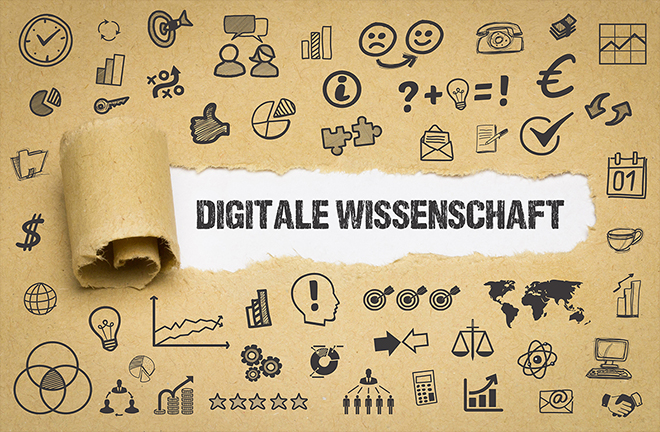Pathways of digital humanities

Exploring pathways for developing an intellectual system for digital humanities is a great task. Photo: TUCHONG
With the rapid development of information technology, its research findings have permeated traditional humanities disciplines, introducing new theories and methodologies. This transformation has impacted both the approaches and dimensions of traditional humanities research, as well as the scope and context of traditional humanistic spirit. Ultimately, this convergence of information technology and the humanities has given rise to a new interdisciplinary field - digital humanities. The development of the digital humanities can be advanced through the following three pathways.
Engineering mindset
The first path is to adopt an engineering mindset. “Engineering” refers to “the process of combining individual systems or functional components of a certain scale and quantity into a distinctive and systematic whole according to certain specifications. This mainly manifests in the aspects of process standardization, component standardization, function modularization, technology advancement, solution optimization, and system integration.” The construction of digital humanities is a complex system engineering project that involves interdisciplinary resource platform systems, technical support systems, application output systems, and talent team systems. As a system engineering project, it requires an engineering mindset, which considers engineering design, construction, operation, and management issues. By integrating and optimizing these systems according to certain logical rules and specifications, we can form a large system capable of solving real problems and meeting target requirements.
Advancing the construction of the theoretical framework of the digital humanities involves scientifically planning its design and development, standardizing the application of digital computing across different disciplines to deepen its digitalization, and establishing a comprehensive talent development model to ensure its smooth operation and sustainable development. The most important factor for achieving the engineering-oriented construction of the digital humanities is to adopt an engineering mindset characterized by integrative and constructive thinking to identify, understand, and solve problems. Implementing an engineering mindset involves first analyzing and categorizing all the elements necessary for the relevant engineering project, then integrating them structurally in a step-by-step manner according to effective operational principles, and finally building a product that is standardized, modularized, systematized, proceduralized, and suitable for practical use with normative features. Engineering thinking also places special emphasis on the evaluation and feedback mechanisms for process and outcomes. Through continuous iteration and refinement during construction, products become increasingly aligned with their goals, easier to use, and increasingly suitable for their targets, while keeping pace with evolving trends.
Broadening and deepening integration
The construction of the digital humanities requires greater depth and breadth of integration. In this regard, on one hand, we should base our efforts on the needs of national development, widely applying big data and other technologies to the humanities and social sciences. On the other hand, we should fully consider the impact of the changing social environment on different disciplines under new circumstances, and integrate information technology with education, psychology and other disciplines to meet the innovative development needs of the traditional humanities disciplines. In terms of the depth of integration, firstly, we should strengthen the construction of digital humanities platforms. Secondly, we should deepen the integration model with traditional disciplines using the latest information technologies.
Building a sustainable talent team
Drawing on international experience in digital humanities construction, focusing on talent team development is the driving force for sustainable development. In the current context, digital humanities construction aims to serve national policies and targets, based on existing development foundations. This can be achieved by using an engineering mindset to integrate and rationally plan systems; promoting the integration of information technology with a broader range of humanities disciplines, and deepening integration with existing research fields; and focusing on talent team development to ensure the field’s sustainable development.
Jin Wei is an associate professor from the School of Humanities and Communication at the University of Sanya.
Edited by ZHAO YUAN
